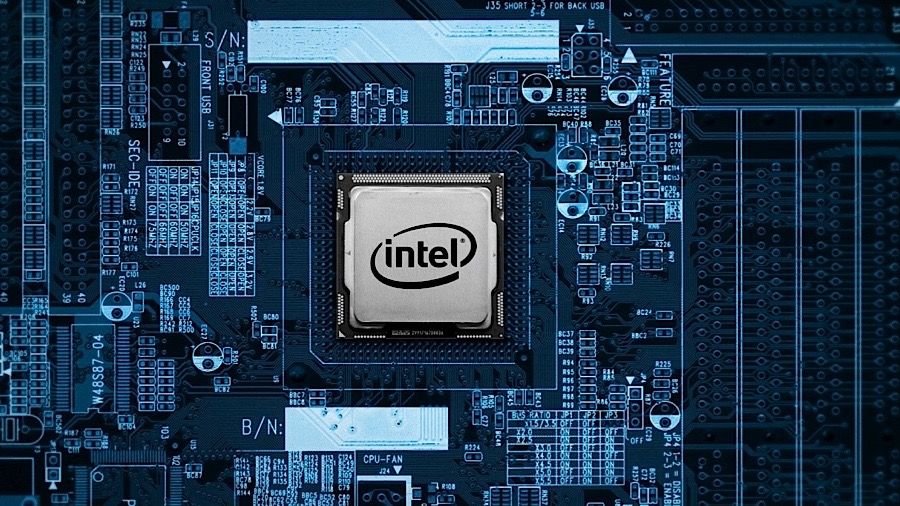Intel forms auto division for push towards electric and autonomous vehicles
As demand for automotive chips surges

Chipmaker Intel has announced a new division under its foundry business to design and sell chips and processors for EVs (electric vehicles) and AVs (autonomous vehicles).
“Automotive is going through a transition to autonomy and electrification. To serve this market, there will be a dedicated automotive group within IFS (Intel Foundry Services),” its President Randhir Thakur said at Intel’s 2022 Investor Meeting yesterday.
Intel CEO Pat Gelsinger said the demand for automotive silicon is expected to nearly double to $115 billion by 2030, and this was the reason for the company to create a chipmaking unit dedicated to carmakers.
Intel already has MobileEye subsidiary, which develops advanced driver assistance systems (ADAS), and plans to take it public later this year. The Intel arm had inked a series of strategic deals with automakers Ford, Volkswagen, and Zeekr recently at the CES 2022.
Intel's rivals like Qualcomm and Nvidia are also pushing ahead with their plans for the automotive sector.
Intel's takeover of Israeli company has a reason
The launch of the auto foundry division comes on the heels on the news that Intel will buy Israeli chip manufacturer Tower Semiconductor for $5.4 billion. That takeover is relevant in the scheme of things as Intel plans to provide Intel 3 semiconductors into the auto market and specialty chips from Tower Semiconductor. Intel will also be able to provide its lidar sensing products to auto OEMs.
Intel's new division will focus on products and solutions for automated and assisted driving, RF and sensors and power management. “We will provide open compute and allow OEMs to differentiate with their own software,” Thakur said.
Get daily insight, inspiration and deals in your inbox
Sign up for breaking news, reviews, opinion, top tech deals, and more.
Modern vehicles typically use processors to control engines, antilock brakes, in-dash navigation systems and other subsystems. Tesla designs its own chips and updates its cars software often with over-the-air updates. As the market leader in EVs, it is working towards a more unified computing approach. Intel is also headed in that direction. Its automotive unit will cover different technological areas – be it driving assistance or multimedia – and the partnered car brands can choose to implement these features collectively or in isolation.
Intel's rivals are also taking the same path. Nvidia’s Drive software-defined platform delivers a wide spectrum of activities including safety, automated driving and parking systems as well as driver assistance systems. Nvidia has Jaguar Land Rover as its customer for this.
Qualcomm, for its part, offers Digital Chassis, which include Snapdragon Ride, Snapdragon Cockpit, Snapdragon Auto Connectivity and Snapdragon Car-to-Cloud Services. And it has partnered with Volvo, Honda, Renault and Ferrari.
The total market opportunity for premium automotive semiconductors is expected to be $16 billion in 2030.
- Best upcoming phones : Specs, launch date, and price
Want to know about the latest happenings in tech? Follow TechRadar India on Twitter, Facebook and Instagram!

Over three decades as a journalist covering current affairs, politics, sports and now technology. Former Editor of News Today, writer of humour columns across publications and a hardcore cricket and cinema enthusiast. He writes about technology trends and suggest movies and shows to watch on OTT platforms.